They’re not just bad films but insults to classics of the genre. Here are our picks for the five worst horror remakes ever.
Horror is a fairly tacky genre to begin with, any fan of it will happily admit that, but these films cross a line. They take talent, money and originality (well beyond what would be called typical) and they expend it on the laziest, most tired, cliches and the cheapest of tricks. There are worse films than these, there are worse films than these that are remakes, but no films do as little with as much as these films were given from the word go.
5. The Wicker Man (2006)

Not the only film on this list that smacks of intentionally-bad, Neil LaBute’s remake of Robin Hardy’s, hugely unique, original lives in Bad Movie Infamy and it’s easy to see why. View it as a comedy and you can have a blast. View it as a genuine attempt to be frightening and you’ll get depressed.
4. Poltergeist (2015)
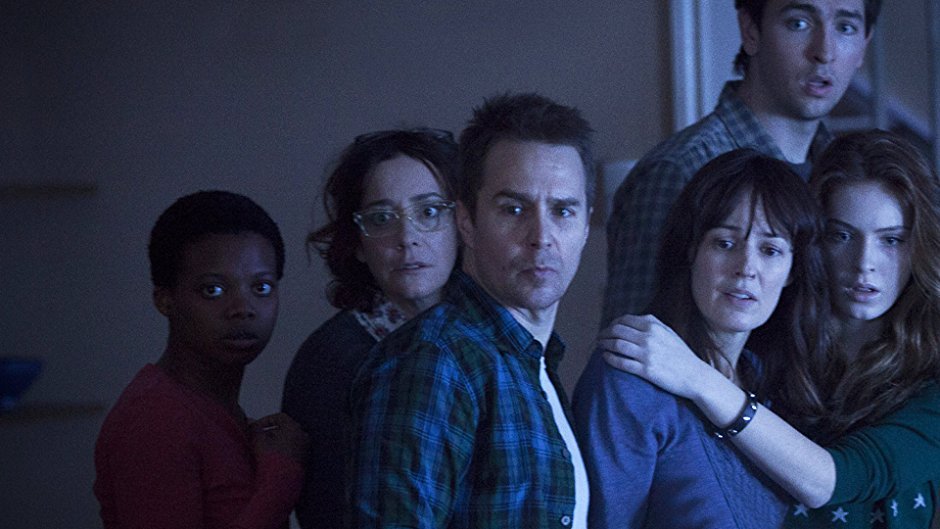
A true black hole of a film. An experience that sucks in all feelings of enjoyment or emotion that you held for the original, even sucking in the memory of itself. It’s the kind of film that slips out of your brain while you’re watching it. You may be experiencing, at this very moment, the phenomena of trying to remember whether you’ve actually seen this film before or whether you imagined it. The difference is nominal. Its most remarkable feature is how unremarkable it is. When you throw in the total wasting of Sam Rockwell’s immense talent then you’ve got a remake deserving of a spot on this list. It wasn’t even a flop, it made nearly three times its budget, yet feels like an embarrassment.
3. Psycho (1998)
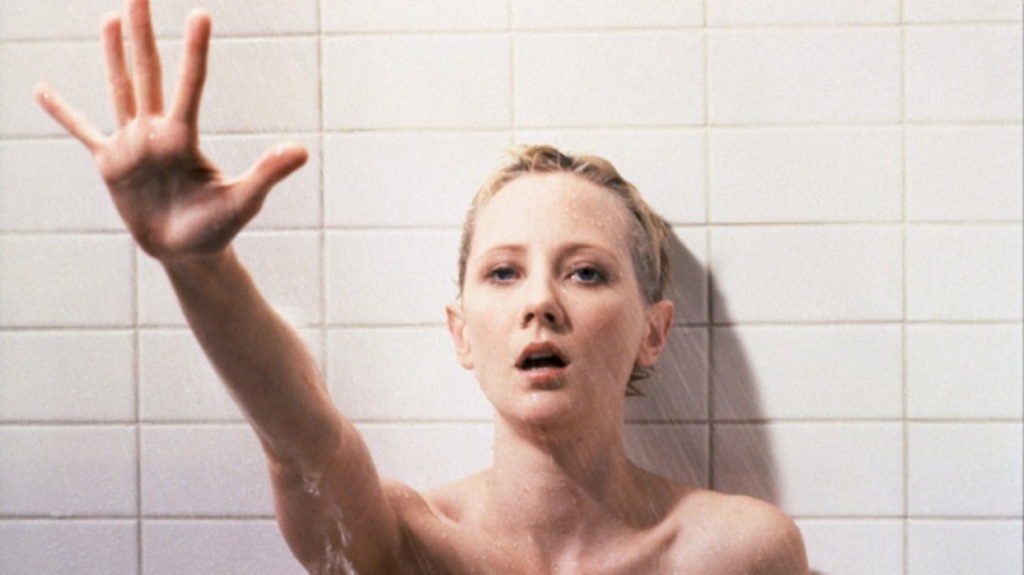
In 1960, Anthony Perkins near-revolutionised film performance with his interpretation of Norman Bates. Vince Vaughn a little less so. And it always comes back to the performance of the actor playing Norman Bates because Norman Bates’ character is what the film is ultimately about.
Gus Van Sant’s remake is difficult to see as anything other than an experiment, or perhaps even a statement, on shot-for-shot remakes. It’s unsatisfyingly weird but, clearly, that’s intentional. As the film’s score ends, with an unceremonious blip, at the moment where the original film ended, but the camera keeps rolling and moving upwards in a crane shot, it’s clear that Van Sant never believed anyone would, or could, view his film subjectively, from the inside, as if it was their first time seeing it. It would always be viewed objectively, from the outside. There would always be that veneer between the audience and the film and, interestingly, Van Sant embraces it. There’s dedication to the original.
But the fact remains that the elements which Van Sant straight up replicates are all demonstrably worse. None more so than in Norman Bates and Vaughn’s portrayal of him. As Roger Ebert once, bluntly, put it: “He isn’t odd enough.” There was opportunity to make a great film, they just didn’t.
2. The Haunting (1999)
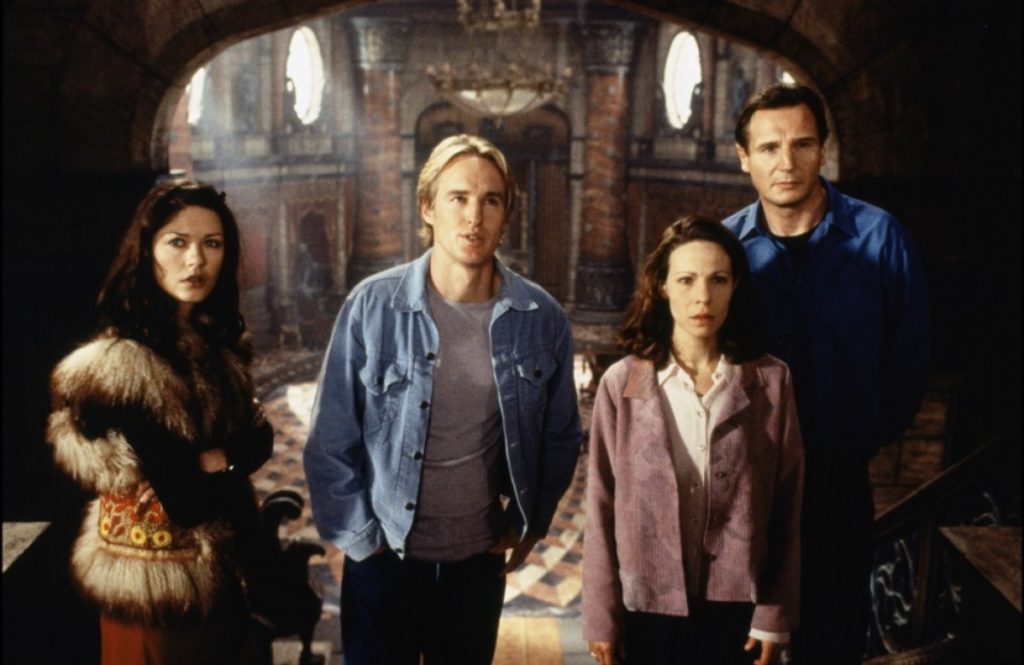
Jan de Bont’s The Haunting can seem like a, harmlessly, fun exercise in hedonistic Hollywood production design - if you’ve never seen the original. Robert Wise’s 1963 film is a masterpiece of horror; as important, and revered, as Hitchcock’s Psycho (though maybe not as popular). It not only creates a truly affecting atmosphere out of virtually nothing but also an important reference-point in representation. Characters as brazenly gay as Claire Bloom’s were a rare sight for mainstream audiences in the early 60s and her lack of a predatory nature never impedes on her still being a sexual character whose desires, and attractions, effect the plot as any straight character’s would.
Stacked up against that, the remake becomes one of the worst films ever made. It understands nothing about what made the original such a lasting experience and it feels like an insult to subtlety itself. It’s everything that’s wrong with the direction that Hollywood moved in during the late 90s and the early 2000s. It’s entertainment at the expense of everything else. The original is displaced as a beautifully restrained adaptation of Shirley Jackson’s novel and becomes that boring old version where nothing explodes. Thankfully, most critics felt the same way. But don’t take my word for it. The director of the Wicker Man remake thinks the original is overrated. So who can you trust.
1. The Vanishing (1993)
Where do you even start. The Vanishing, an American remake of popular Dutch film Spoorloos (also released, internationally, as The Vanishing), has somewhat of a reputation. One which it earned. It’s generally brought up in contemporary conversation due to the differences in each film’s ending.
The Vanishing is kind of the poster child for a soulless Hollywood remake. Honestly, as if the entire film is a joke. Like the ending of the film-within-the-film from Robert Altman’s cynical satire The Player - but an actual, whole, film made up of just that pastiche of trite Hollywood schmaltz.
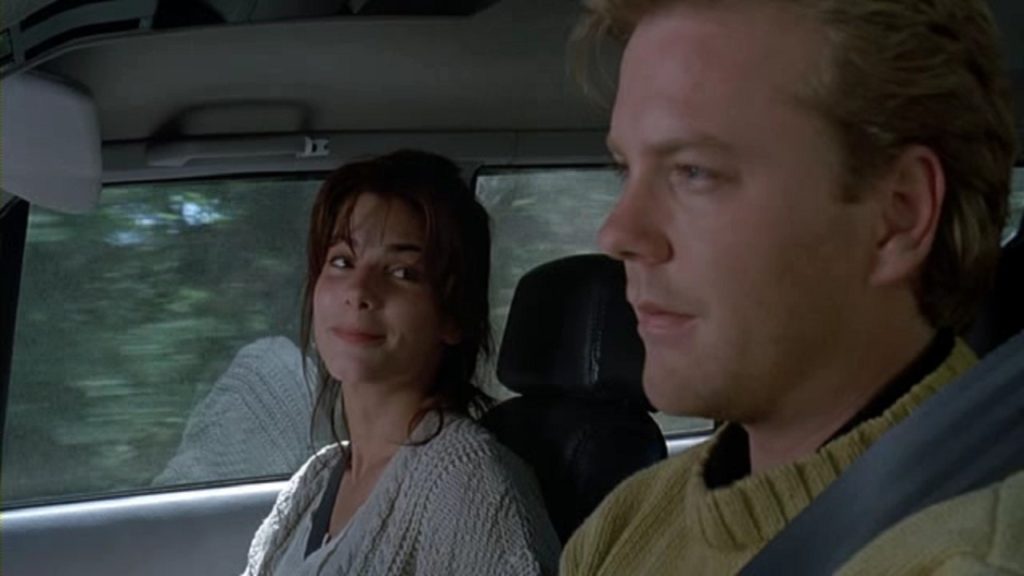
Truthfully, however, The Vanishing‘s problems run far deeper than that. It’s full of Premium Grade Bad Movie Moments but, even watching it as a comedy, it’s kind of arduous getting through it. The film toils over major moments from the original, trying to, logically, answer questions which were explained by the performances of each actor, and their character’s emotional journey, in the original but end up making no sense in the remake because none of the actors appear to have the slightest clue as to who their characters are supposed to be. The result is that, most of the time, every single character comes off as an unreasonable dickhead who makes nothing but baffling decisions.
The psychotic character at the heart of each film, played by Jeff Bridges in the remake and Bernard-Pierre Donnadieu in the original, is truly terrifying in Spoorloos. Their explanation of their crime, and the life that lead to it, is what makes its finale as chillingly memorable as it is. Bridges’ performance is, mostly, just funny. He can be a very intimidating actor but his portrayal of the character is goofy. He gives him an unplaceable accent for seemingly no reason (the character was French in the original but American in the remake, as evidenced by the moment when the audience is shown the character’s birth certificate) and the script, ultimately, transforms him from mastermind to buffoon.
The worst thing about it, though, is that, unlike The Haunting remake, this film is so bad that it feels like you’re watching an actor’s career die in front of you onscreen. All the other main cast members (Bridges, Keifer Sutherland, Sandra Bullock) not only recovered from The Vanishing but went on to have even stronger careers. Nancy Travis, on the other hand, went through a hiatus in the mid90s (likely the result of several misfires) and it was her character that underwent the most changes. Overall, in fact, she might get the most amount of screen time throughout the entire film; with the, infamously, reworked third act revolving almost entirely around her character becoming the hero.
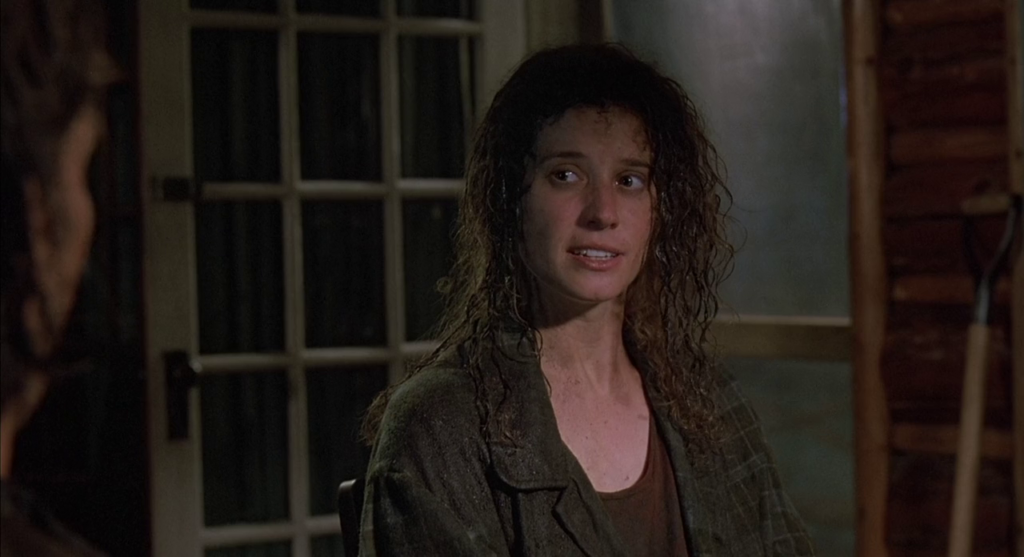
All of its worst points, from the performances and characterisation right down to the groan-inducing final moment of the film (a Simpsons-joke-level Hollywood cliche), are made all the more baffling by the fact that Spoorloos and The Vanishing have the same director: George Sluizer.
Why Sluizer did this no one quite seems to know, was it an artistic act of self-sabotage? The answer to a lot of it seems to be, more likely, a language barrier which prevented Sluizer from properly communicating with his actors. But it doesn’t explain the watered-down, slasher-movie, ending.
Click here to check out our list of the Top 20 Horror Films of the 2010s (so far)
Click here to check out our list of the Top 10 Sci-Fi Horror Films of the 2010s (so far)
Click here to check out our list of the 10 Most Intense Horror Films of the 2010s (so far)
Click here to check out our list of the Top 20 Underrated Horror Films of All Time
Click here to check out our list of the 5 Most Fantastically Terrible Films of the Past Decade


